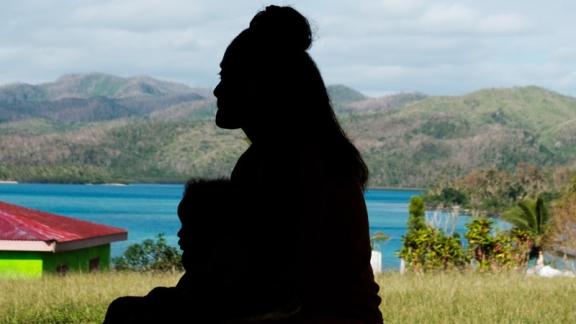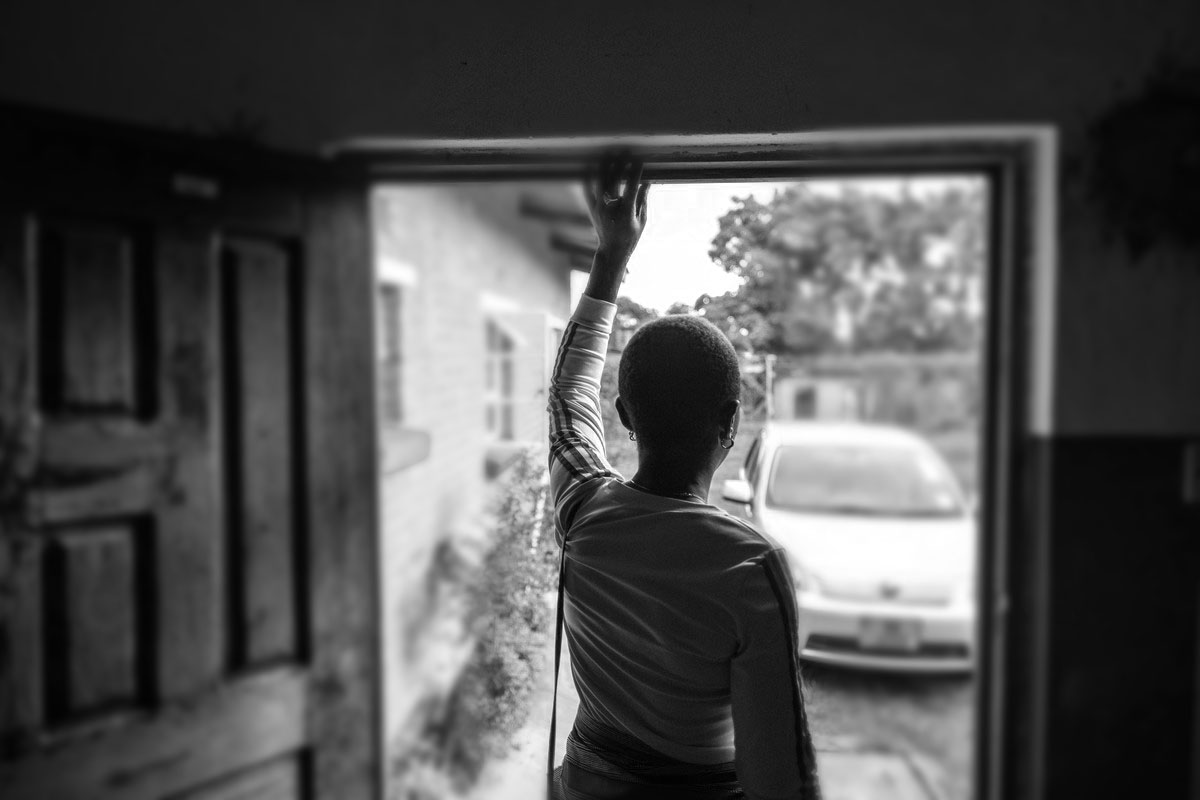By Seri Wendoh, IPPF's Global Lead for Gender and Inclusion
One in three women globally experience violence across the course of their lives – that’s around 736 million women who suffer physical, mental and/or sexual violence from an intimate partner or non-partner. This figure has remained steady for the past decade, and it’s a frightening insight into how prevalent and embedded violence against women and girls is in our society.
Also, intimate partner violence against women starts alarmingly early: almost a quarter of adolescent girls aged 15-19 (24%) has experienced physical and/or sexual violence from an intimate partner.
These figures are all from a recent WHO report, which is the largest ever study on the prevalence of violence against women, covering the period 2000 to 2008. The report’s findings are unacceptable, and they should be concerning for all of us.
Violence against women harms individual human rights, and it is a global health emergency – one that is embedded in so-called ‘societal and cultural norms’. Violence takes many forms including physical, sexual and psychological violence; to list but a few examples, this can be sexual harassment in the workplace or in public, female genital mutilation (FGM), or early forced marriage and the resulting stigma.
The impact of COVID-19 on GBV
Women in low and low-middle income countries are disproportionately affected by violence, and this was before the pandemic began. Globally, it’s been reported that there has been a significant increase in violence against women – who, in many cases, were forced to stay at home with their abuser or lacked access to vital healthcare.
A number of surveys undertaken by our COVID-19 Taskforce team amongst our Member Associations (MAs) reveals the heightened levels of intimate partner and domestic violence for those in lockdown with abusers. The surveys further reveal that the inequality in access to information and education has been exacerbated, and how it has disproportionately affected young people.
Gains on the elimination of practices that harm girls’ sexual and reproductive health and rights (SRHR) have regressed – including those on sexual violence, forced marriages, and rates of girls dropping out of school. Young people’s access to contraception and safe abortion care, along with antiretroviral and STI treatments, have been hugely affected. There is also increased concern that FGM is being practiced behind the veil of lockdowns, curfews and quarantine.
Further, whilst many of our MAs turned to the digitalization of service provision – from online CSE to counselling – digital inequality (i.e. lack of access to phones, computers or the internet) means that adolescent girls in low and low-middle income countries miss out on these health initiatives.
We can almost certainly say that women and girls will be most impacted by COVID-19 – undoing years of progress made to advance their rights. They will be left behind if we don’t urgently respond to their needs.
We know that women who are subjected to violence are more likely to use health services than those who are not, even if they do not explicitly disclose it to their healthcare provider. Healthcare providers are uniquely positioned to provide first-line support to women affected by violence. This is why it is critical to invest in training frontline staff to provide effective, women-centered services, including referral to specialized services. Women affected by violence have a right to the best possible healthcare.
Violence against women is preventable
As the Global Lead for Gender and Inclusion at IPPF, I know violence against women is preventable. The work our incredible MAs do on the ground gives me hope that we can one day see the end of violence against women and girls.
In Malawi, our the Family Planning Association of Malawi is doing incredible work on preventing child marriage through community watch groups, made up of community leaders and social workers. Malawi has some of the highest rates of early forced marriage – where it’s estimated that 47% of girls are married by the age of 18.
In Palestine, the Palestinian Family Planning and Protection Association runs sexual violence awareness workshops and is committed to working with local religious leaders and other partners to inform the public on their sexual health and rights.
In India, our MA works to empower women in prisons in preparation for life on the outside. Research undertaken in Mexico by MEXFAM has shown that when teachers are trained in comprehensive sexuality education (CSE), there is an increased understanding among students of the need to reduce violence. And in Pakistan, our MA continues to work on prevention of violence in the Swat Valley and many other areas.
These are just some examples of the incredible, life-changing work our MAs deliver.
For this work to continue and for gender equality to be finally realized, we call upon policy makers, donors and other key decision-makers to remain committed to funding sexual and reproductive healthcare and rights, to support specialized training for health providers, and to take a multi-sectoral approach in dealing with violence against women and girls, and to invest in comprehensive sexuality education.
Now more than ever, the commitment to women and girls needs to be unwavering – their lives depend on it.
when
Subject
Gender equality









